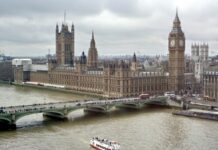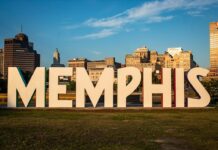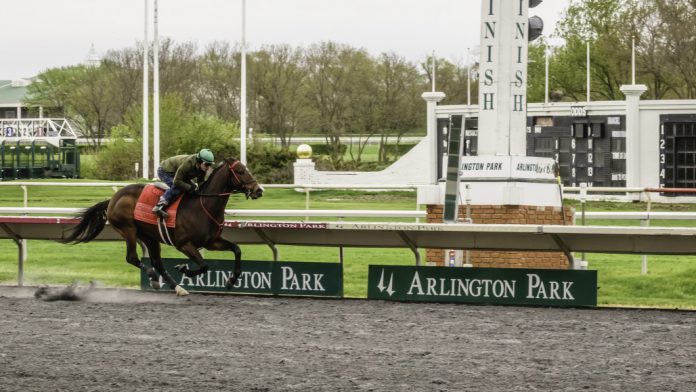Churchill Downs has confirmed that it would not be pursuing a casino licence for its Arlington International Racecourse property over concerns that a licence would not offer ‘an acceptable financial return.’
The gaming, racing and entertainment firm has stated that Arlington did not submit the application to the Illinois Gaming Board for a slot machine and table game license under the recently enacted Illinois Gaming Act.
“Notwithstanding our steadfast commitment to the Illinois Thoroughbred racing industry and despite the good faith intentions of everyone involved in the passage of the Illinois Gaming Act, the economic terms under which Arlington would be granted a casino gaming license do not provide an acceptable financial return and we cannot responsibly proceed,” said Bill Carstanjen, the CEO of CDI.
“The Chicagoland market has seen a significant proliferation of video gaming terminals over the last several years and now faces the potential introduction of five new gaming facilities as well as increased gaming positions at existing casinos and video gaming outlets.”
Carstanjen continued: “Arlington would enter this market with an effective tax rate that would be approximately 17.5% – 20% higher than the existing Chicagoland casinos due to contributions to the Thoroughbred purse account.
“This disadvantage in a hyper-competitive gaming market, coupled with substantial licensing and reconciliation fees and new, unviable horse racing requirements in the Illinois Gaming Act, makes construction of a casino at Arlington financially untenable. It is with a heavy heart that we conclude that we can’t make this work.”
While long-term alternatives are explored for Churchill Downs, the racecourse will continue to offer horse racing throughout 2020 and 2021, while also applying for a sports betting licence.
Churchill Downs has also confirmed that ‘CDI and the team at Arlington will continue to work with legislative and community stakeholders, as well as Arlington’s customers, employees and horsemen to find a solution that takes into account the many constituents across the State of Illinois who depend on horse racing for their livelihoods.’










